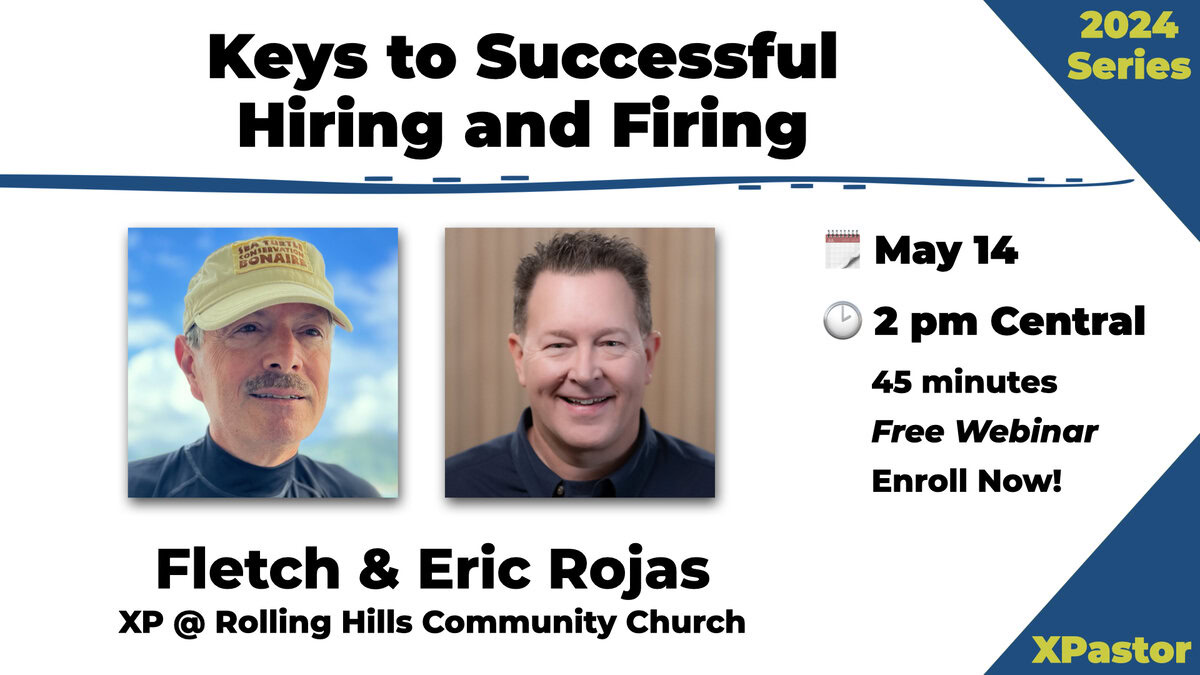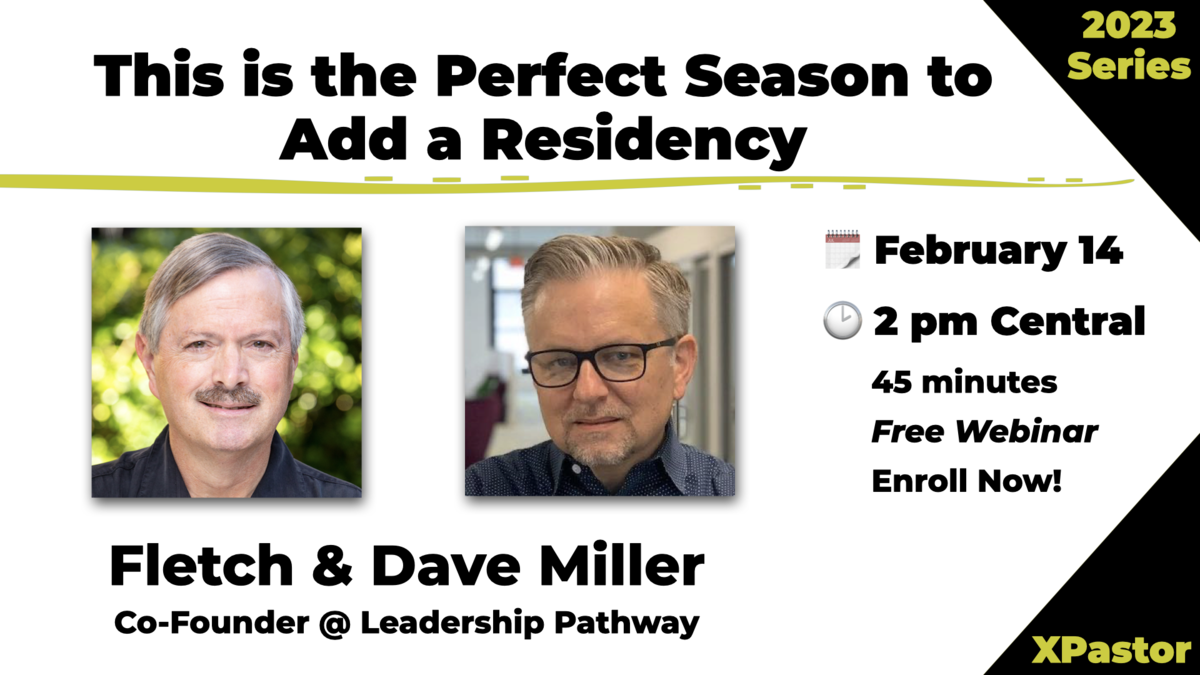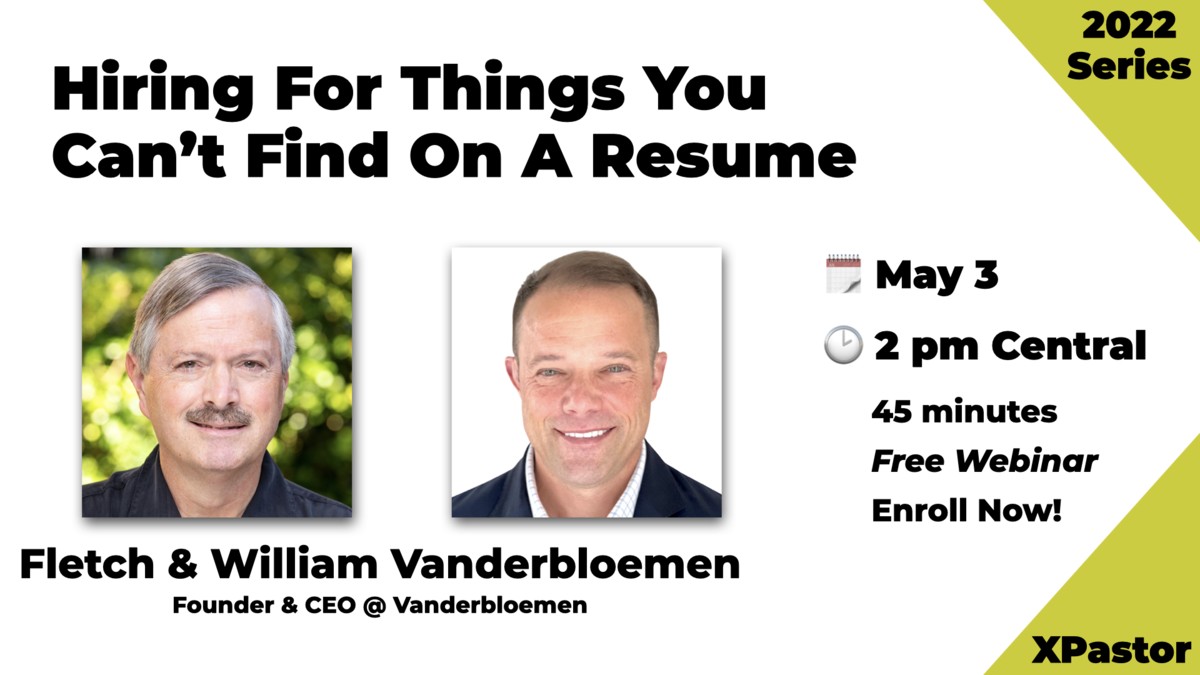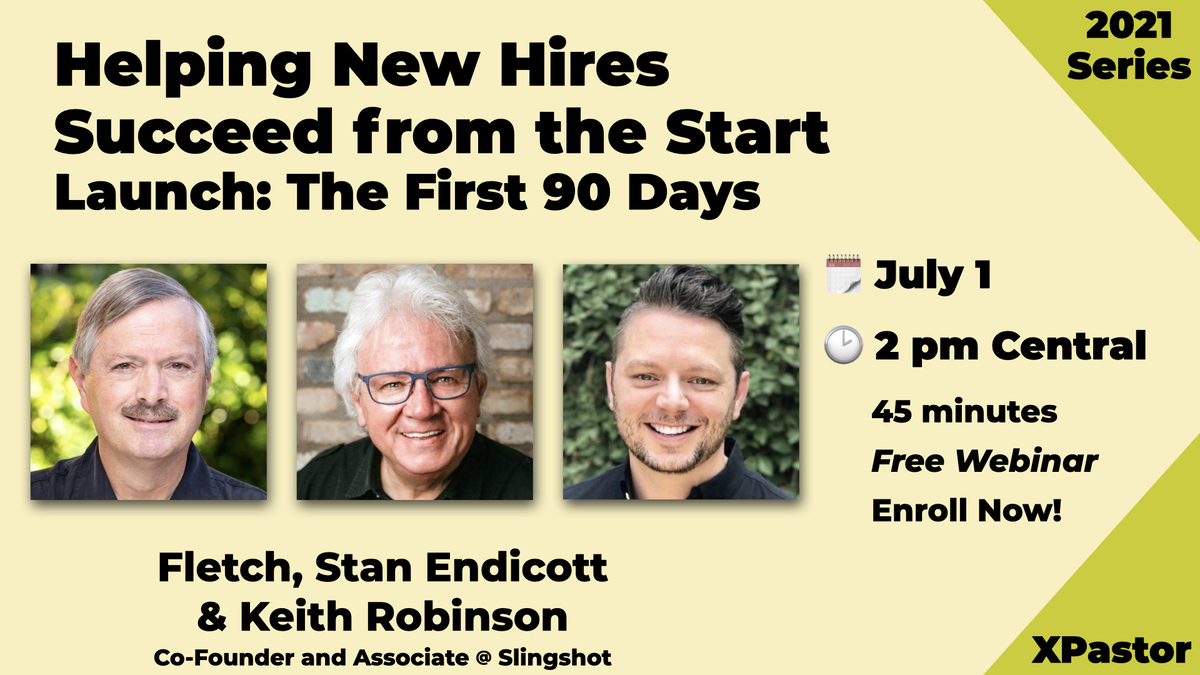In churches, universities and nonprofits across the country, search committees gather with high hopes and the intention to see a great leader chosen to lead their organization. None set out to fail, but in our experience, many make mistakes that prevent them from achieving the best results.
Misunderstanding the Person Being Hired
A committee typically meets a candidate through his resume, but care must be taken to understand how this document reveals or conceals reality. Does it hide gaps in employment by inconsistently listing start and end dates for all positions? Do the degrees listed come from reputable schools and have they been verified for accuracy? Does the committee really know the reasons a candidate has changed jobs and is currently in the job market?
After the resume, many committees use a questionnaire as a screening tool to narrow the pool of applicants. Does it contain enough depth for the candidate to display their writing ability (or lack of)? An essay question beyond the obligatory “strengths/weaknesses” questions can quickly separate candidates and reveal their character. An interview panel may simply use a questionnaire later in the process after several rounds of elimination. Unfortunately this misses the power of questions up front to separate applicants and discern motives.
Once committees decide they “like” a candidate, reference checking can become perfunctory. Letters of reference may not be worth much—who’s ever seen such a letter contain negative comments? Diligent committees will conduct reference phone interviews of a minimum of five to eight people who have worked with the candidate during the past ten years including superiors, peers and subordinates. Any less presents a one-sided view of the candidate and her accomplishments. And while there can be procedural challenges, the possibility of including the spouse (who knows the candidate best) as a reference in the process can be quite insightful. Finally, the search committee’s interview of the candidate should be at least 2½ hours long, plus include a meal, if possible, to give the chance for relaxed, less intense interactions with the committee.
Misunderstanding the Position to be Filled and Committee Representation
The technical competencies needed for a job might be the first items a committee establishes; does the candidate need to be a public speaker? A fundraiser? A media expert? The more difficult question, however, is “will they fit in our organization?” A diligent search committee will explore their corporate culture and assess what values and behaviors will make the candidate a proper fit, as well as a powerful producer. Search committees often include different constituencies from their organization, which adds to both a proper understanding of the culture and builds support for the validity of the search process. Adding staff and leadership team members to the committee will sharpen the presentation of the organization’s ethos, ensuring a proper understanding of the actual need on the staff that the position will fill.
Care should be taken to staff the search committee in a way that reflects the diversity of the organization itself. Differing points of view will be important to recruit talent to fill the position that is needed rather than just going through the motions. Beyond that, board members themselves should have substantial representation on the search committee if the position will be in the senior leadership team of the ministry, school or nonprofit. Otherwise, the search team will not have the confidence of the full board and may have less than the full authority needed to fill the position.
Having a Sufficiently Large Pool of Candidates
Search committees usually post their job opening first on their own website, second on job boards appropriate to their industry or market, and third with extended networks of which they are a part. This typically generates a rush of applicants and a feeling of progress. Yet, once the dust settles on the pile of resumes, the committee often does not have a deep applicant pool of qualified and experienced candidates; rather, they have an odd assortment of unemployed or underemployed applicants. Only by expanding the pool to include individuals currently working in the field and not actively seeking employment can the committee have the kind of selection necessary to ensure a quality selection.
To access qualified candidates currently working in the field, a search committee must become proactive—seek out recommendations from trusted sources in the industry. They need to do more than just post an opening and wait—they need to put on their “recruiter” hats and ask, “Who should be here doing this job and where might they be right now?” In this way, a committee has a greater opportunity to generate at least three quality candidates as finalists for the open position. Giving the experienced, insightful members of an interview panel quality alternatives assures a better outcome—and takes into account the inevitable circumstances that cause even good candidates to drop out of the selection process.
Agreement on the Type of Candidate Desired
Search committees can be filled with as many agendas as there are members. Because they are chosen to represent certain constituencies, they may even feel they have a mandate to find a certain type of candidate. If the board of the organization has not worked through a process of defining the position requirements, the search committee will struggle. In a church, some might believe the main component desired in a leader is preaching ability, while others look for managerial skill. A committee that lacks unity will certainly struggle to find an excellent candidate.
Another issue that divides search committees is the selection of internal candidates. Because of existing relationships, teams may be biased either for or against internal candidates. The diligent search committee will follow the same processes for all candidates—both internal and external. They might also ask internal candidates to keep the process confidential for as long as possible, to minimize disruption. If confidentiality is impossible, internal candidates should be considered first and informed as quickly as possible to allow everyone to return to work after speculating that their colleague might become their boss.
Being Candid with the Candidate
First dates can be awkward … one may try to make a positive first impression and demonstrate their strengths while hiding their flaws. Hiring a new leader for your organization can be like a courtship. Showing genuine care for and interest in a candidate can’t help but make a good first impression. That extends at the proper time to a spouse and family’s involvement (if relevant). Many search committees alienate excellent candidates because of a simple lack of courtesy in communication that wasn’t timely or inattention to details such as “who picks up the check?” after a dinner interview.
But the relationship must deepen … and if the committee remains at a surface level with a candidate, never moving to deeper issues in the organization, failure is likely to result. Most organizations hire new personnel because they have a need—leaders deserve honest and timely information on the challenges inherent in the position. At the same time, committee members should beware of telling their entire history or sharing every organizational dysfunction. That’s just “TMI”! A balanced, honest and caring interaction with candidates will go a long way to making a mutually satisfying, long-term relationship.
To summarize:
- Insist on due diligence in vetting all candidates through reference checking, resume information verification, and written screening tools.
- Carefully choose a search committee that has a diverse but unified understanding of the position they are seeking to fill.
- Send your position description to at least 200 people initially—and ask them for their best referrals for the position. This will help expand your pool and improve your options.
- Determine differing agendas up front and resolve differences among the committee before interviewing candidates … avoid deciding based on a popularity contest, rather than a principled review of candidate fit.
- Searching for a quality candidate is like a courtship; proceed honestly and in a caring way to deeper mutual understanding.
~~This article was co-written by Bruce Dingman and Dr. Richard Kidd. Dr. Kidd is a Vice President of The Dingman Company. Rich brings a diversity of leadership experience that spans from the business world, across the church community and Christian higher education.











